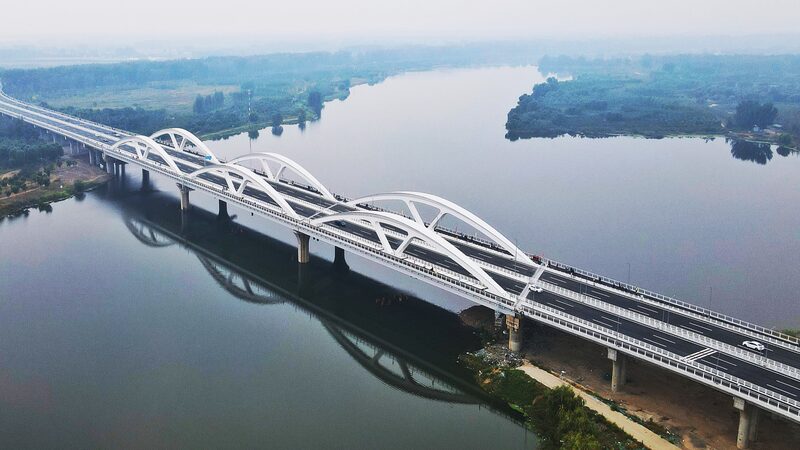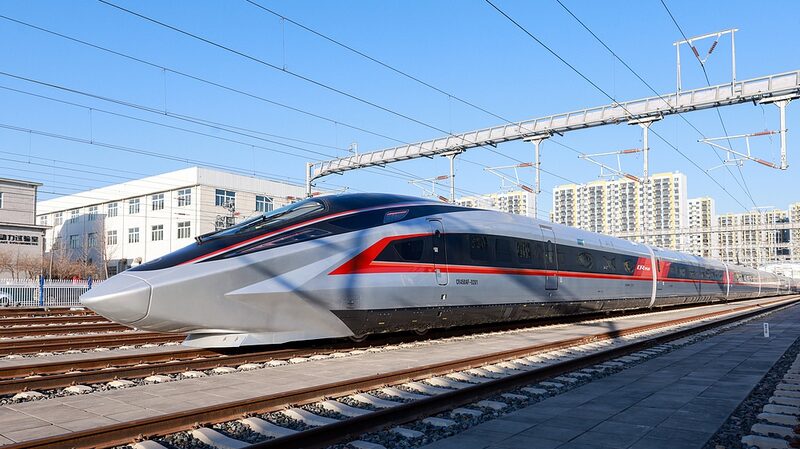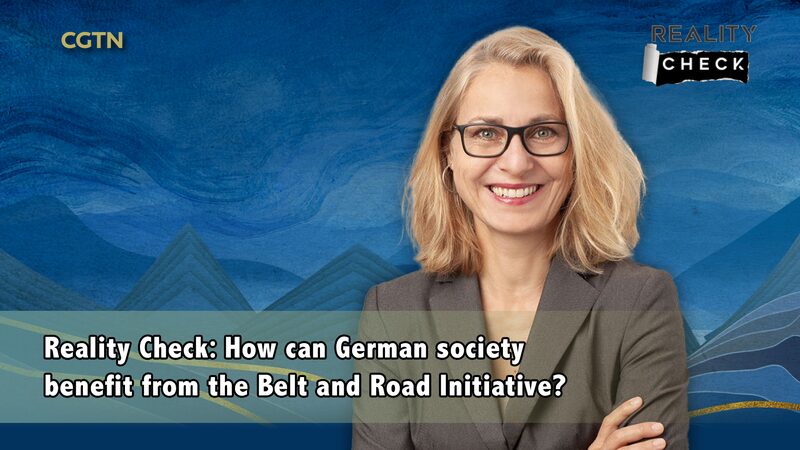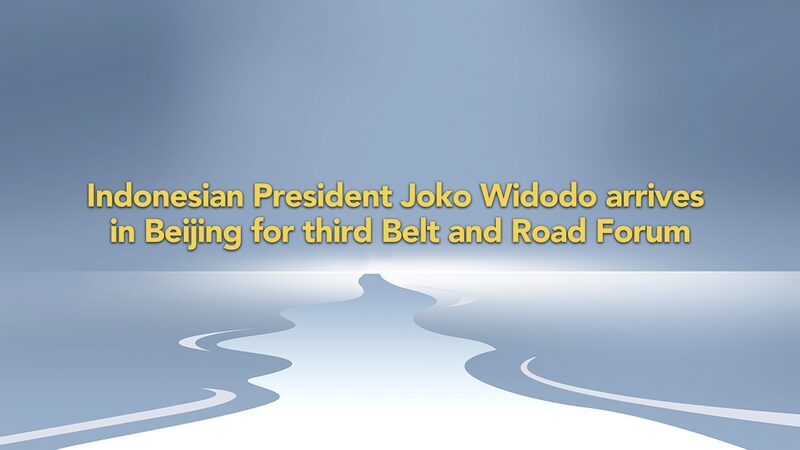China and Indonesia just turned up the volume on their 75-year friendship, blending economic muscle with cultural fireworks! 🎉 Leaders marked the milestone with a fresh twist: the first shipment of Indonesian coconuts hitting Chinese shores this week. 🥥 ‘These nuts aren’t just snacks—they’re symbols,’ said Fuzhou Customs official Song Jing, hinting at a $148 billion trade empire that’s growing faster than TikTok trends.
🚄 From coconuts to high-speed rails: The Jakarta-Bandung Railway, Southeast Asia’s first bullet train (thanks to China’s Belt and Road Initiative), has zoomed 8 million passengers since 2023. Think of it as a 350 km/h handshake between cities!
🎓 Student exchanges are exploding too—thousands of Indonesians now study in China, while Spring Festival lion dances and kung fu classes go viral in Jakarta. 🇮🇩 Indonesian shops even stock lǎojiāo bīng (spicy pepper ice cream) now—talk about fusion!
✈️ With visa-free trips to Bali and new flights like Guangzhou-Surabaya, Indonesia’s aiming for 2 million Chinese tourists this year. Ambassador Djauhari Oratmangun grinned: ‘We’re building bridges, one selfie at a time.’
President Xi Jinping toasted the partnership as a ‘model for global teamwork,’ while netizens meme’d it as #BFFGoals. Here’s to 75 more years of collabs that slap! 🙌
Reference(s):
China, Indonesia mark 75 years with stronger trade, cultural ties
cgtn.com







